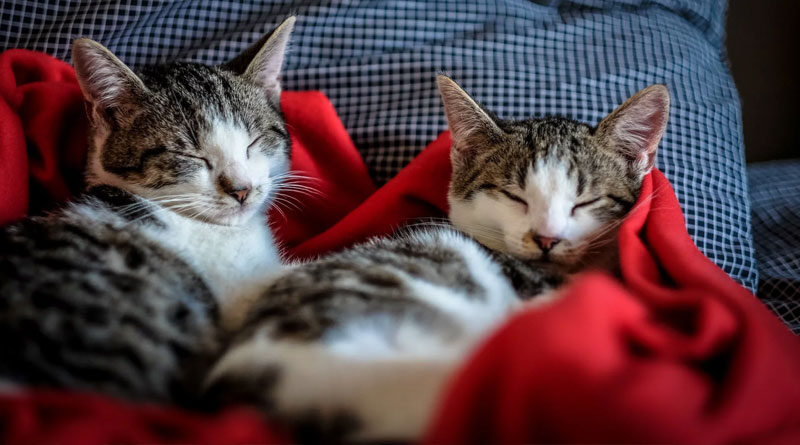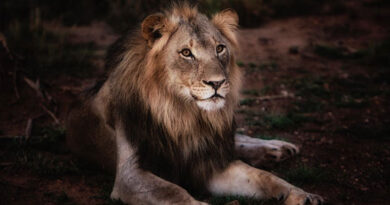Cats may have ‘attachment styles’ that mirror people’s
Introduction:
It’s no secret that cats possess a unique charm that has captivated humans for centuries. They’re often described as aloof and independent creatures, but recent studies suggest that our feline friends may have something surprising in common with us: attachment styles. Just as humans form different attachment styles with their loved ones, cats might exhibit similar behaviors in their relationships with their owners. In this post, we delve into the intriguing notion that cats may have attachment styles that mirror people’s and explore what it means for our understanding of the feline-human bond.
Understanding Attachment Styles:
Attachment theory, initially developed by psychologist John Bowlby, explores how individuals form emotional bonds with others. In humans, attachment styles are characterized as secure, anxious, or avoidant. Secure individuals feel comfortable with both intimacy and independence, while anxious individuals seek constant reassurance and fear rejection. Avoidant individuals tend to distance themselves emotionally. These attachment styles influence how we connect with others and shape our relationships.
Exploring Feline Attachment Styles:
Researchers have begun to investigate whether cats exhibit attachment styles similar to those observed in humans. A study conducted at Oregon State University examined how cats behave in “Strange Situation” experiments—an assessment commonly used to evaluate attachment styles in children. The study found that cats displayed behaviors indicative of three attachment styles: secure, anxious, and avoidant.
Secure Attachment:
Cats exhibiting a secure attachment style are confident, comfortable exploring their surroundings, and show a balance between seeking affection from their owners and independence. They readily approach their owners for reassurance and feel secure in their presence. Securely attached cats demonstrate a healthy bond, characterized by trust and emotional support.
Anxious Attachment:
Cats with an anxious attachment style display clingy behavior and may become overly dependent on their owners. They seek constant attention and reassurance, often showing signs of distress when separated. These cats may exhibit excessive vocalization or exhibit anxious behaviors such as excessive grooming or destructive behavior. Anxiously attached cats require additional reassurance and gentle guidance to alleviate their worries.
Avoidant Attachment:
Cats with an avoidant attachment style value their independence and prefer minimal physical contact. They may appear aloof, avoid interactions, and display a level of self-sufficiency. These cats often need their own space and prefer to be approached on their terms. While they may not seek affection in the same way as other cats, they still form a bond with their owners, albeit in a less demonstrative manner.
Implications for Cat-Owner Relationships:
Understanding that cats may possess attachment styles akin to humans opens up new perspectives on the intricate dynamics of the feline-human relationship. By recognizing these attachment styles, cat owners can adapt their interactions to better meet their cats’ emotional needs. Securely attached cats benefit from a balanced approach, while anxious cats may require additional reassurance and consistent support. For avoidant cats, it’s essential to respect their need for independence while providing an environment that nurtures their bond.
Conclusion:
Cats have long been enigmatic creatures, captivating us with their mysterious ways. The emerging research on feline attachment styles adds another layer of complexity to our understanding of these delightful companions. Just as humans form different attachment styles with their loved ones, cats, too, appear to exhibit secure, anxious, and avoidant attachment styles. Recognizing and respecting these styles allows us to deepen our bond with our feline friends, creating a more fulfilling and harmonious relationship. So, the next time you observe your cat’s behavior, consider the attachment style they may possess—a fascinating glimpse into the shared emotional world of humans and their beloved feline companions.




Modular Kitchens have changed the idea of kitchen nowadays because it has provided household ladies with a comfortable yet a sophisticated space in which they will invest their quality time and space.
slot games vegas slots online free slots games